American prisons' cruel and unusual health care
Forcing inmates to work for weeks just to see a doctor is unconscionable
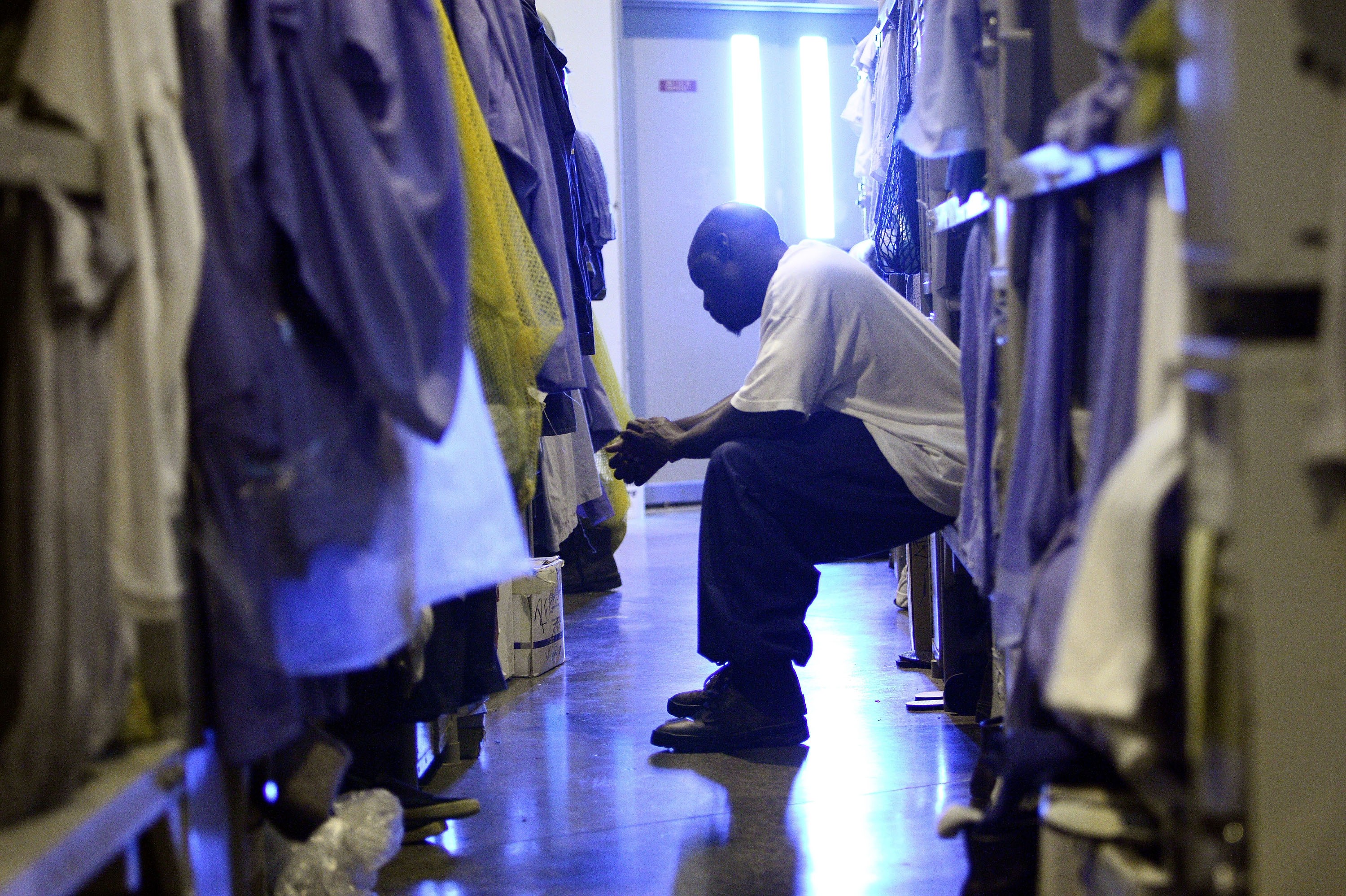

Americans seem to have forgotten a simple fact: The vast majority of people who end up in prison will someday be released. If we were cognizant of this fact, we would take more note of the horrific brutality of American prisons — from legally innocent people being locked up for inability to pay, to medical neglect, to widespread use of torture.
Yet another aspect of prisoner abuse comes via the Prison Policy Initiative, which is releasing a new study by Wendy Sawyer today on medical co-pays for prisoners. The findings are appalling — especially when coupled with another recent PPI report on prisoner wages, also by Sawyer. While the Supreme Court has held that prisons and jails must provide medical treatment to inmates, most states don't do it for free; they can and do charge co-pays before inmates can actually receive care. And Sawyer has found that in many states, prisoners must work for weeks straight simply to be able to see the doctor. It's unconscionable — and enables more crime.
The dollar amount of co-pays do not seem very high on first glance, typically under $10. But when you take into account the fact that prisoner wages are typically between 14 and 62 cents per hour, that can easily represent a tremendous amount of work. Sawyer compared the number of necessary hours of work to rack up enough for a single co-pay, and multiplied it by state minimum wages to get a sense of what that tiny co-pay means for normal people. She found figures ranging from $69 in South Dakota to $1,093 in West Virginia. And that's leaving aside the several states, all in the South, which generally don't pay prisoners at all. Unsurprisingly, Texas is the worst, with a prisoner wage of $0 and an annual $100 medical fee. (Eight states either don't have co-pays or no co-pay policy, while five others don't publish wage data.)
Subscribe to The Week
Escape your echo chamber. Get the facts behind the news, plus analysis from multiple perspectives.

Sign up for The Week's Free Newsletters
From our morning news briefing to a weekly Good News Newsletter, get the best of The Week delivered directly to your inbox.
From our morning news briefing to a weekly Good News Newsletter, get the best of The Week delivered directly to your inbox.
And that doesn't even account for deductions and other fees. Realistically, prisoners will have to rely on donations from friends and family to make that co-pay. And while it's easier for people outside prison to scrounge up a few bucks, inmates also overwhelmingly come from low-class backgrounds. Inmates' families are thus less likely to have money to spare — if there is anyone willing to donate in the first place.
A nation that took basic human decency, crime control, and the Eighth Amendment seriously would have a prison system that was tough, but just. Catching and punishing criminals is one of the fundamental tasks of the state, and America does badly at both. Our police are generally wretched at actually solving crimes, and the criminals they do catch are subjected to viciously long sentences, often in brutal conditions, with virtually no attention given to their eventual return to society.
One doesn't have to be some kind of bleeding heart liberal, wringing one's hands over mass murderers being forced to make do with an outdated video game console, to embrace this sort of perspective. On the contrary, a truly hard-headed crime control approach would recognize the need for prisoner rehabilitation, education and training, work placement, and so on. Criminal justice scholars argue persuasively that America's staggering two-thirds recidivism rate could be drastically cut with a more sensible and humane approach — while simultaneously being a much more efficient use of scarce criminal justice resources.
Allowing inmates to work and accumulate at least some savings to ease their eventual transition into society — to afford a security deposit, for instance — would unquestionably be part of such an approach. Forcing them to work for nearly nothing, then nickel-and-diming it all away anyway, is the exact opposite — and probably causes no small amount of medical neglect to boot.
The conservative perspective on crime — as evidenced by the seven southern states that typically pay their prisoners nothing — is a capitulation to emotion over good sense. I have been attacked by criminals, and I well understand the ensuing desire for vengeance. But the job of wise governance is to construct public policy to translate such instincts in a humane, logical, and constitutional direction. Allowing prisons to become horrific gulags, where violence and gangs run rampant, where there are virtually no opportunities for education or job training, and where inmates and their families are constantly bled of their every last penny, breeds more crime.
Finally, it's worth noting that once again PPI had to comb through dozens of different state data sources to be able to construct this study — and several states simply have no wage data at all. That's no knock on Sawyer — a somewhat haphazard estimate is simply the best that can be done by one institution. But it is a national shame that we do not have quality statistics on all parts of the American criminal justice system. It reflect an obvious truth: America would rather forget about convicts than deal seriously with crime.
Sign up for Today's Best Articles in your inbox
A free daily email with the biggest news stories of the day – and the best features from TheWeek.com
Ryan Cooper is a national correspondent at TheWeek.com. His work has appeared in the Washington Monthly, The New Republic, and the Washington Post.
-
 Novel 'bone collector' caterpillar wears its prey
Novel 'bone collector' caterpillar wears its preySpeed Read Hawaiian scientists discover a carnivorous caterpillar that decorates its shell with the body parts of dead insects
By Peter Weber, The Week US
-
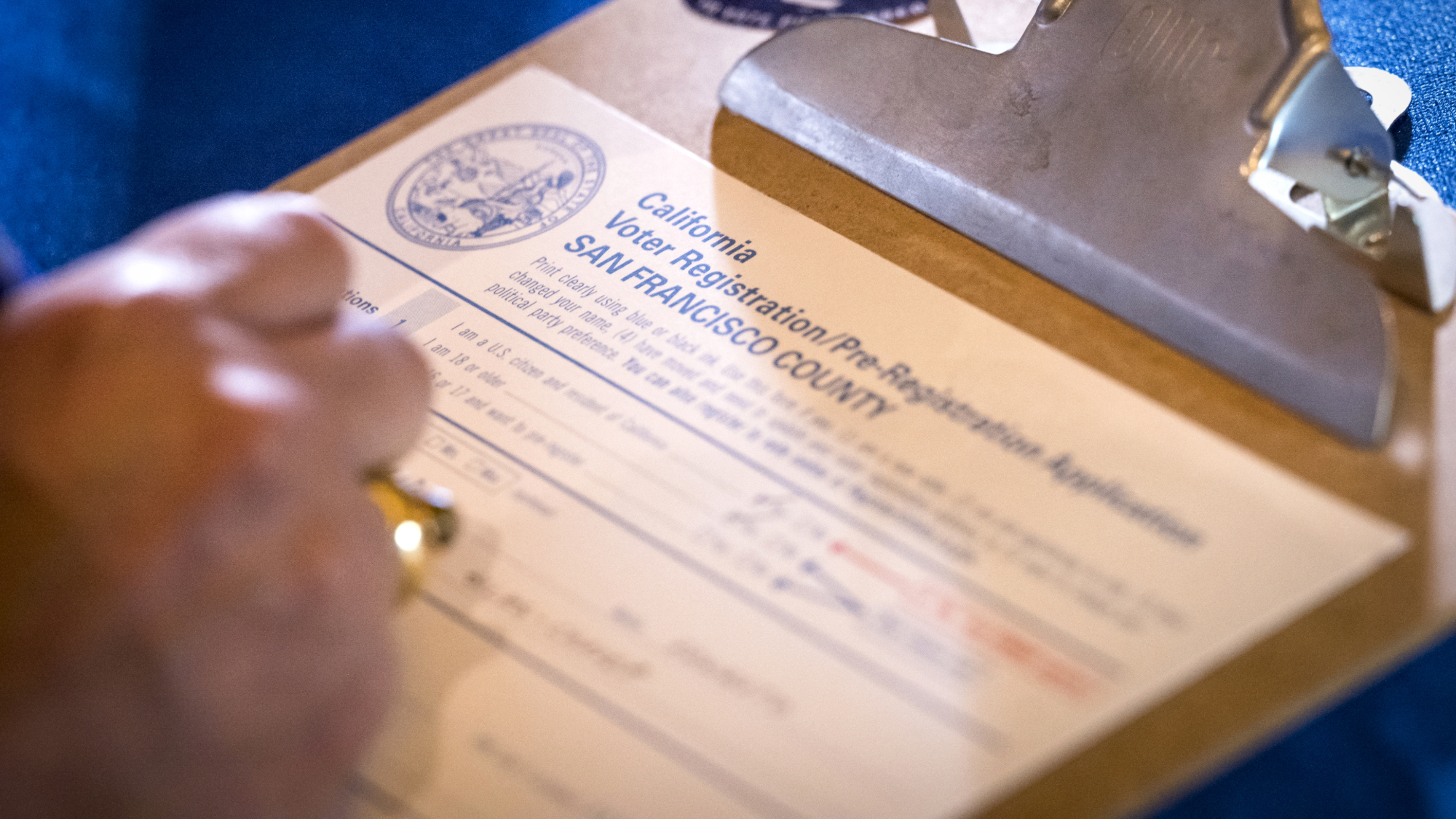 Judge blocks key part of Trump's elections overhaul
Judge blocks key part of Trump's elections overhaulSpeed Read Colleen Kollar-Kotelly's decision temporarily bars federal officials from requiring Americans to prove they are citizens to register to vote
By Rafi Schwartz, The Week US
-
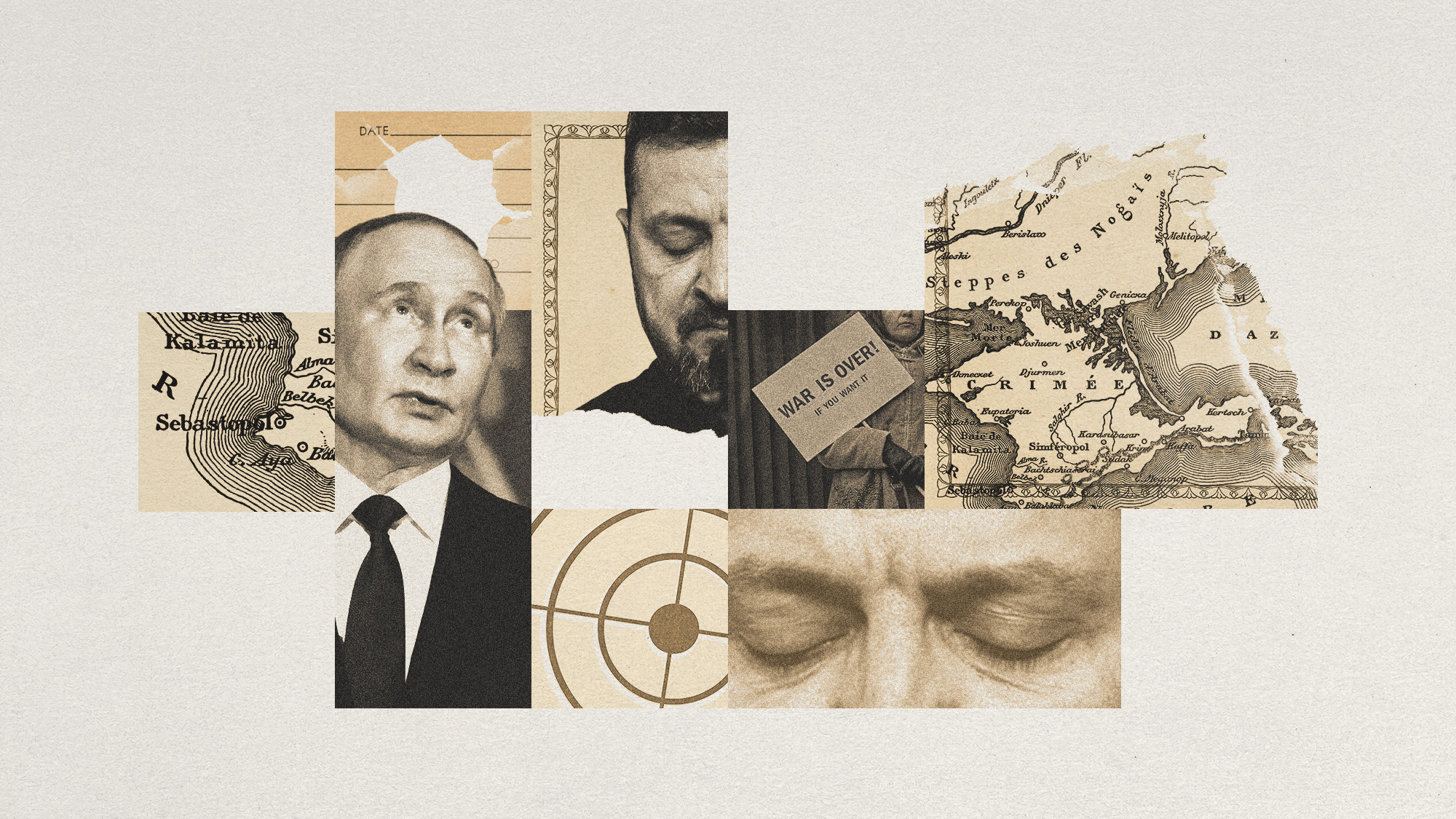 Why is Crimea a sticking point between Russia and Ukraine?
Why is Crimea a sticking point between Russia and Ukraine?Today's Big Question Questions over control of the Black Sea peninsula are stymying the peace process
By Joel Mathis, The Week US
-
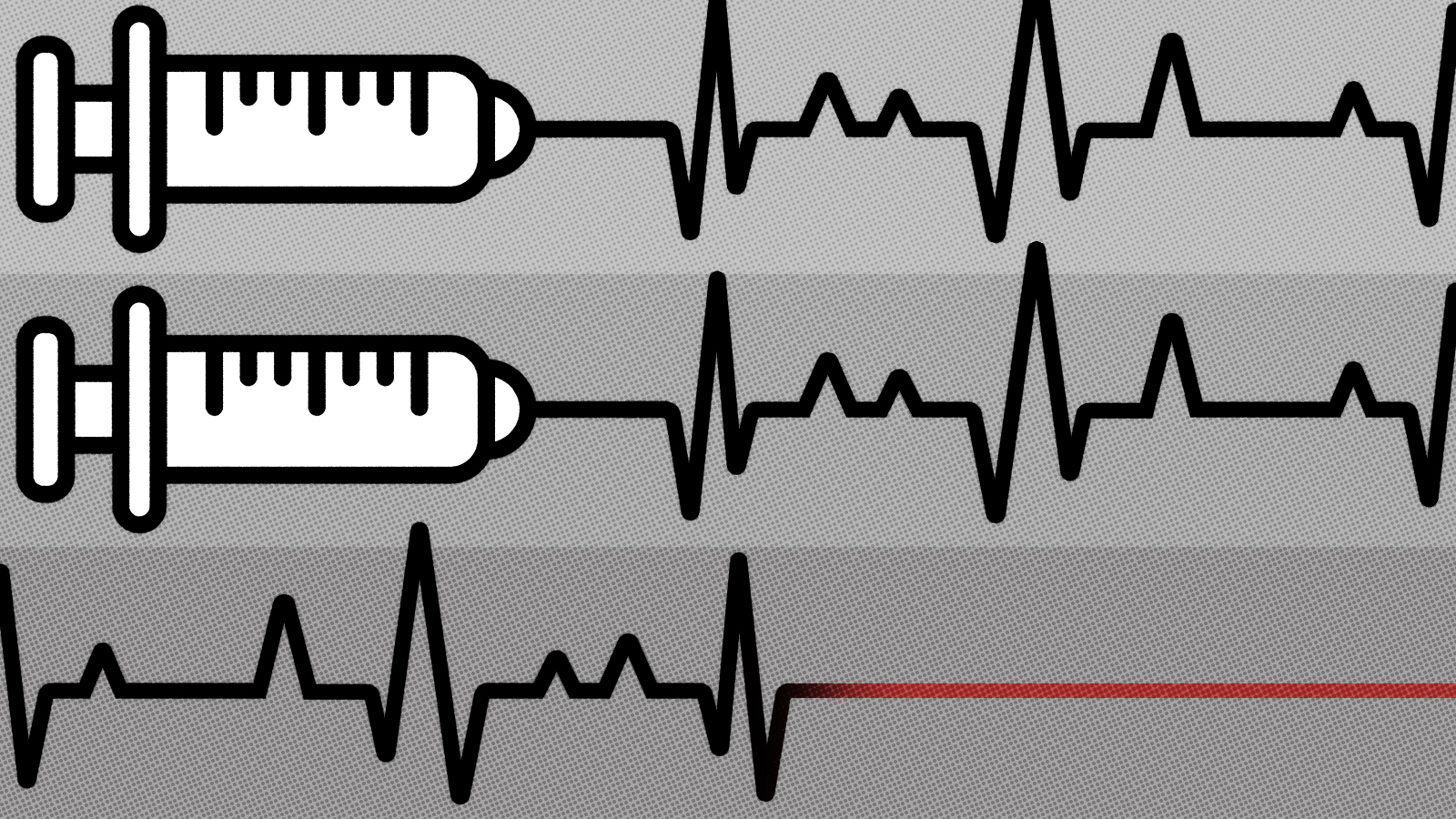 Do unvaccinated COVID patients deserve scarce care? A doctor weighs in.
Do unvaccinated COVID patients deserve scarce care? A doctor weighs in.The Explainer Justice, judgment, and the last ICU bed
By Bonnie Kristian
-
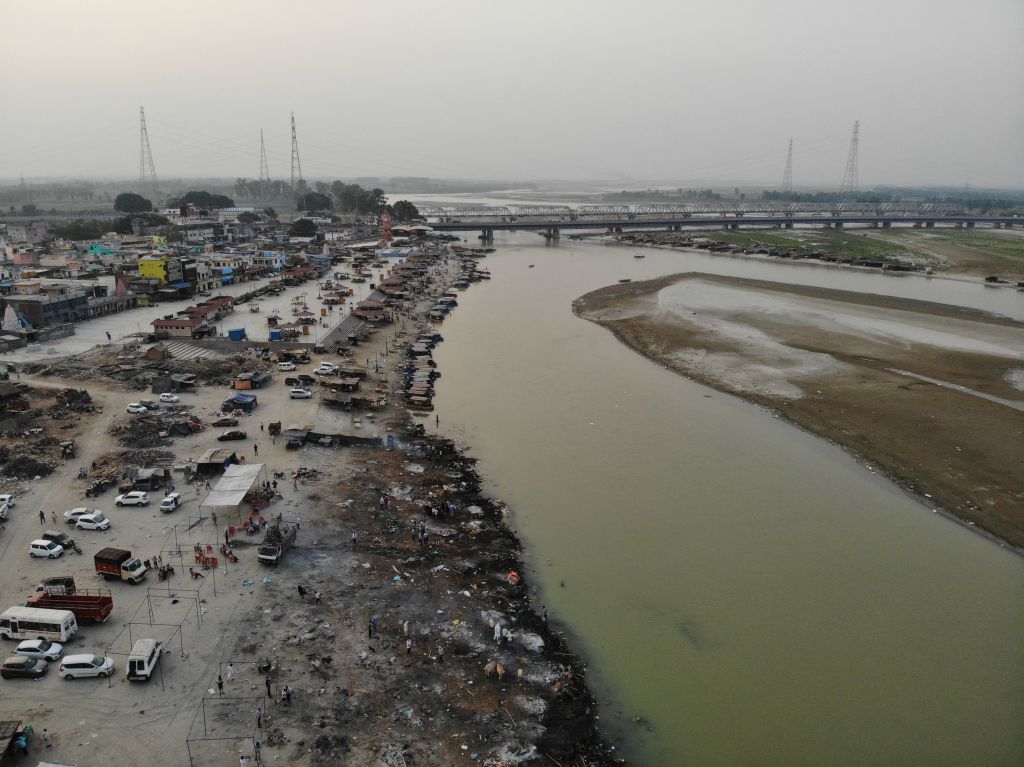 The bodies of suspected COVID-19 victims are turning up in Indian rivers
The bodies of suspected COVID-19 victims are turning up in Indian riversSpeed Read
By Catherine Garcia, The Week US
-
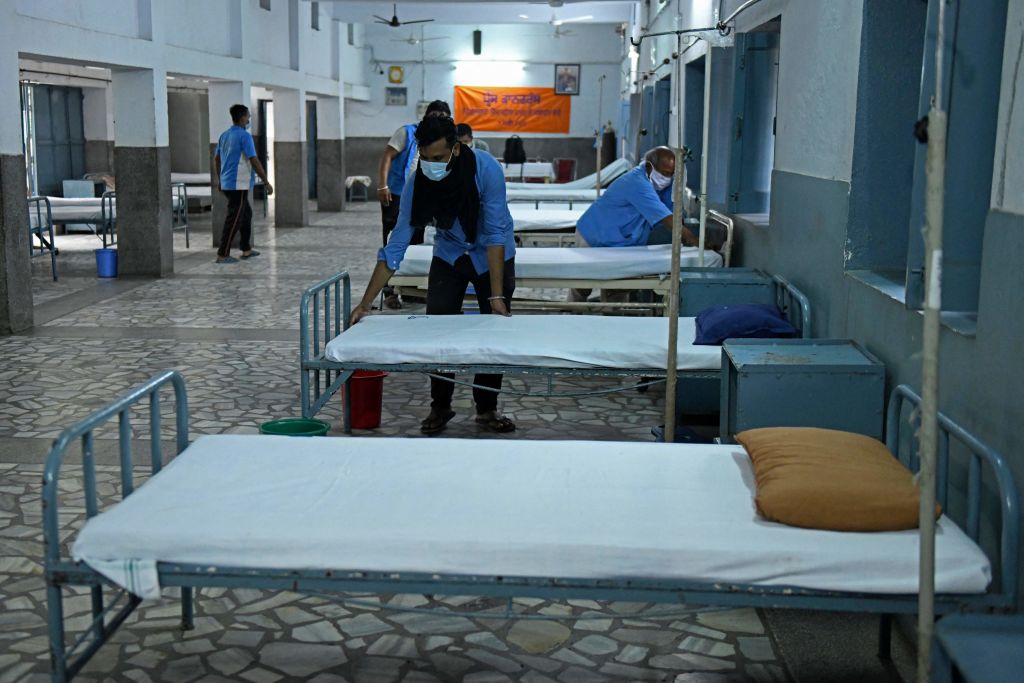 India records 4,000 COVID-19 deaths in a day for 1st time
India records 4,000 COVID-19 deaths in a day for 1st timeSpeed Read
By Tim O'Donnell
-
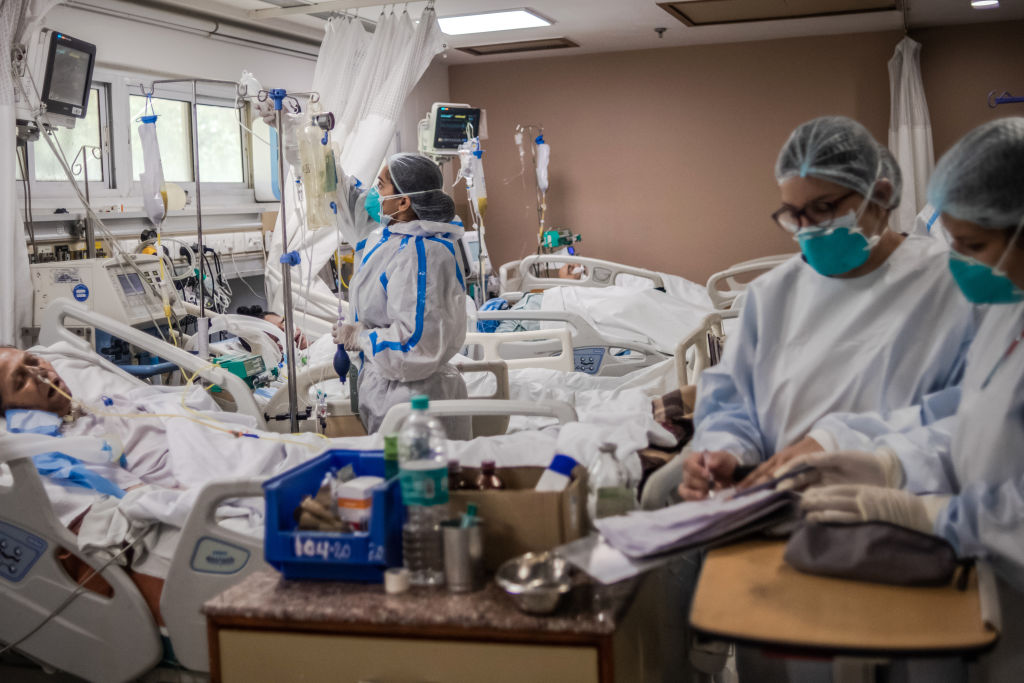 India hits new COVID-19 infection and fatality records as pressure grows for lockdowns
India hits new COVID-19 infection and fatality records as pressure grows for lockdownsSpeed Read
By Peter Weber, The Week US
-
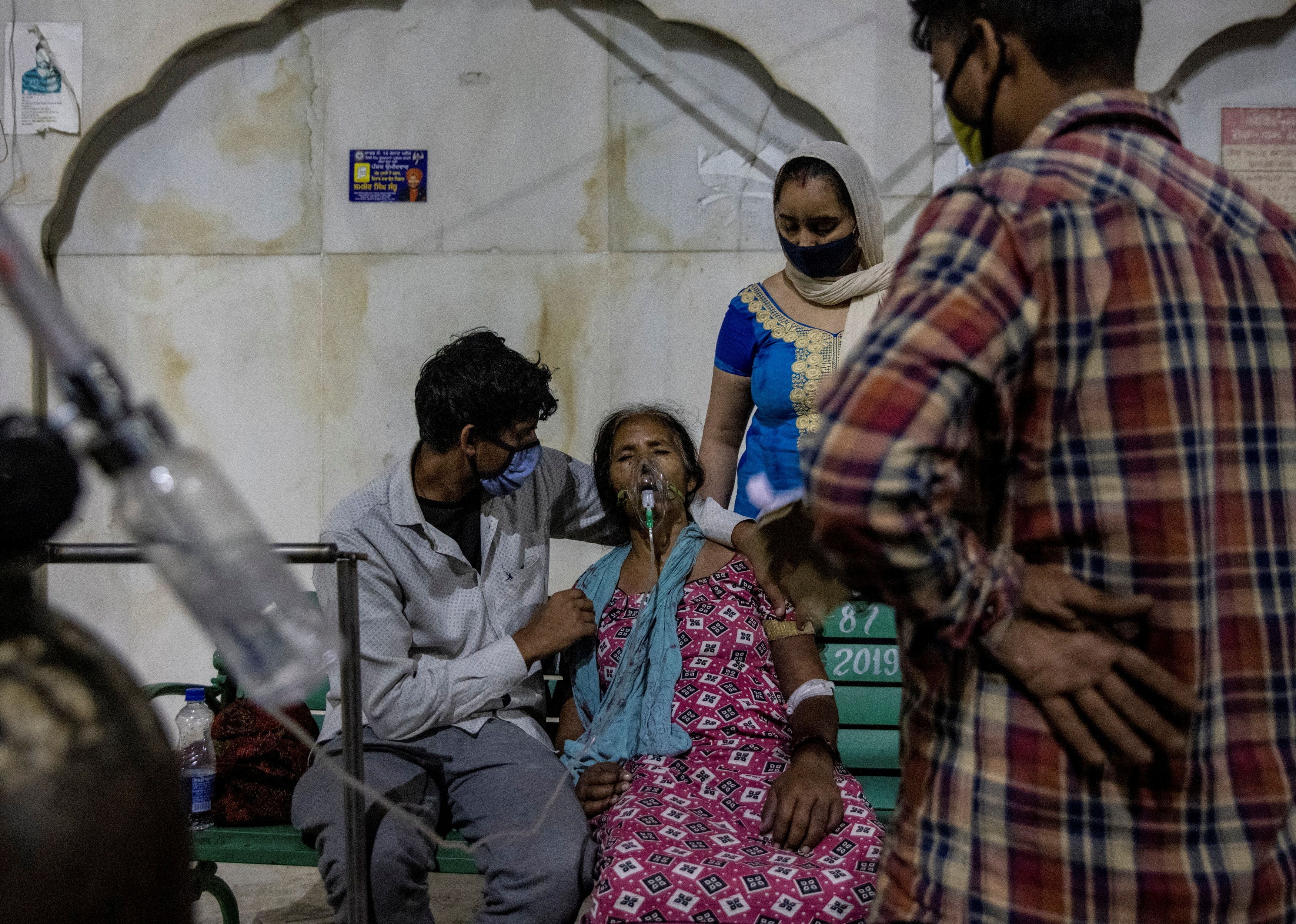 At least 10 people died after Indian hospital ran out of oxygen: 'Everyone was helpless'
At least 10 people died after Indian hospital ran out of oxygen: 'Everyone was helpless'Speed Read
By Catherine Garcia
-
 India sets a 5th straight COVID-19 infection record, as U.S. and other countries pledge help
India sets a 5th straight COVID-19 infection record, as U.S. and other countries pledge helpSpeed Read
By Peter Weber
-
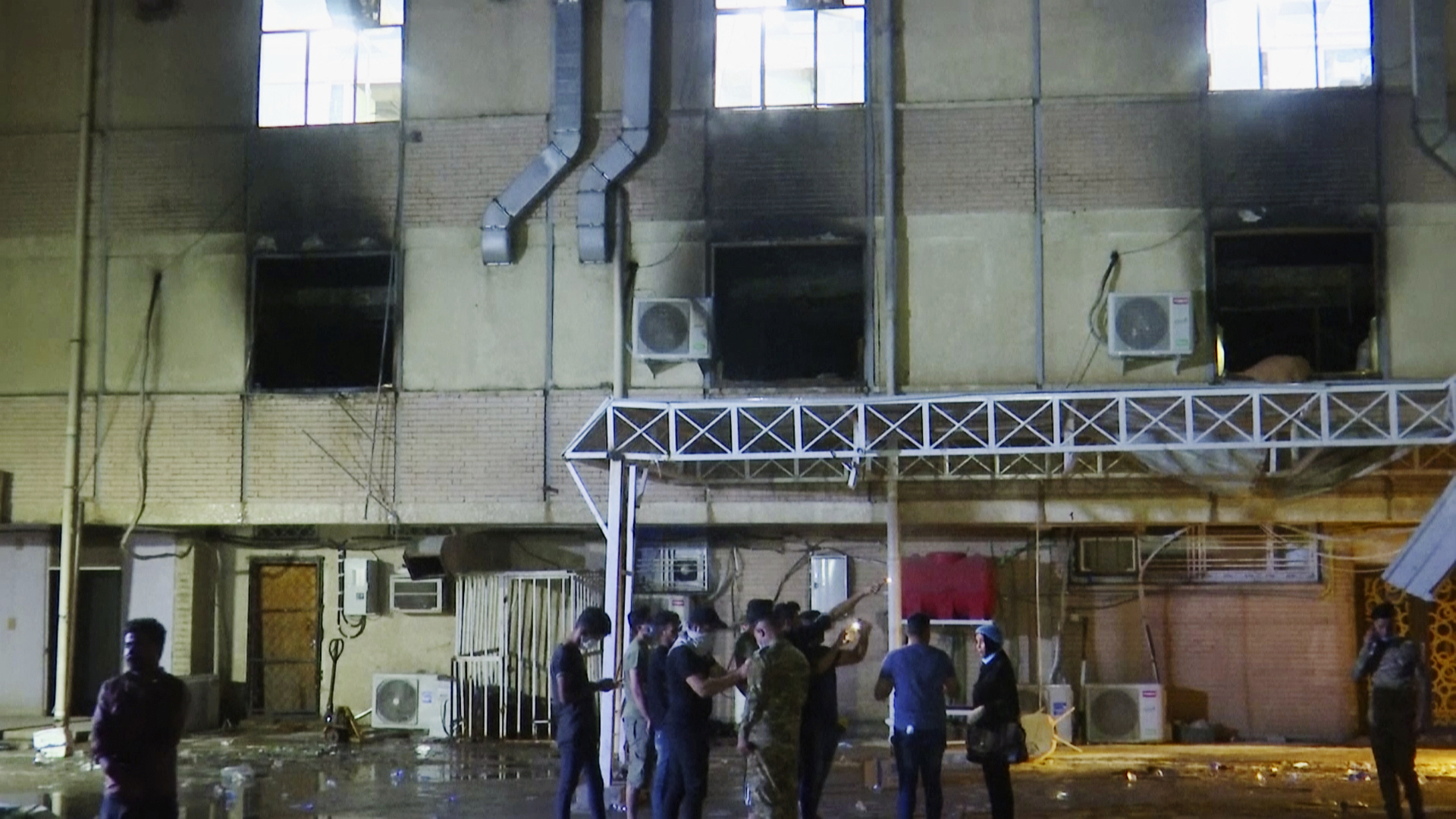 Fire at Iraqi hospital treating COVID-19 patients kills at least 82
Fire at Iraqi hospital treating COVID-19 patients kills at least 82Speed Read
By Tim O'Donnell
-
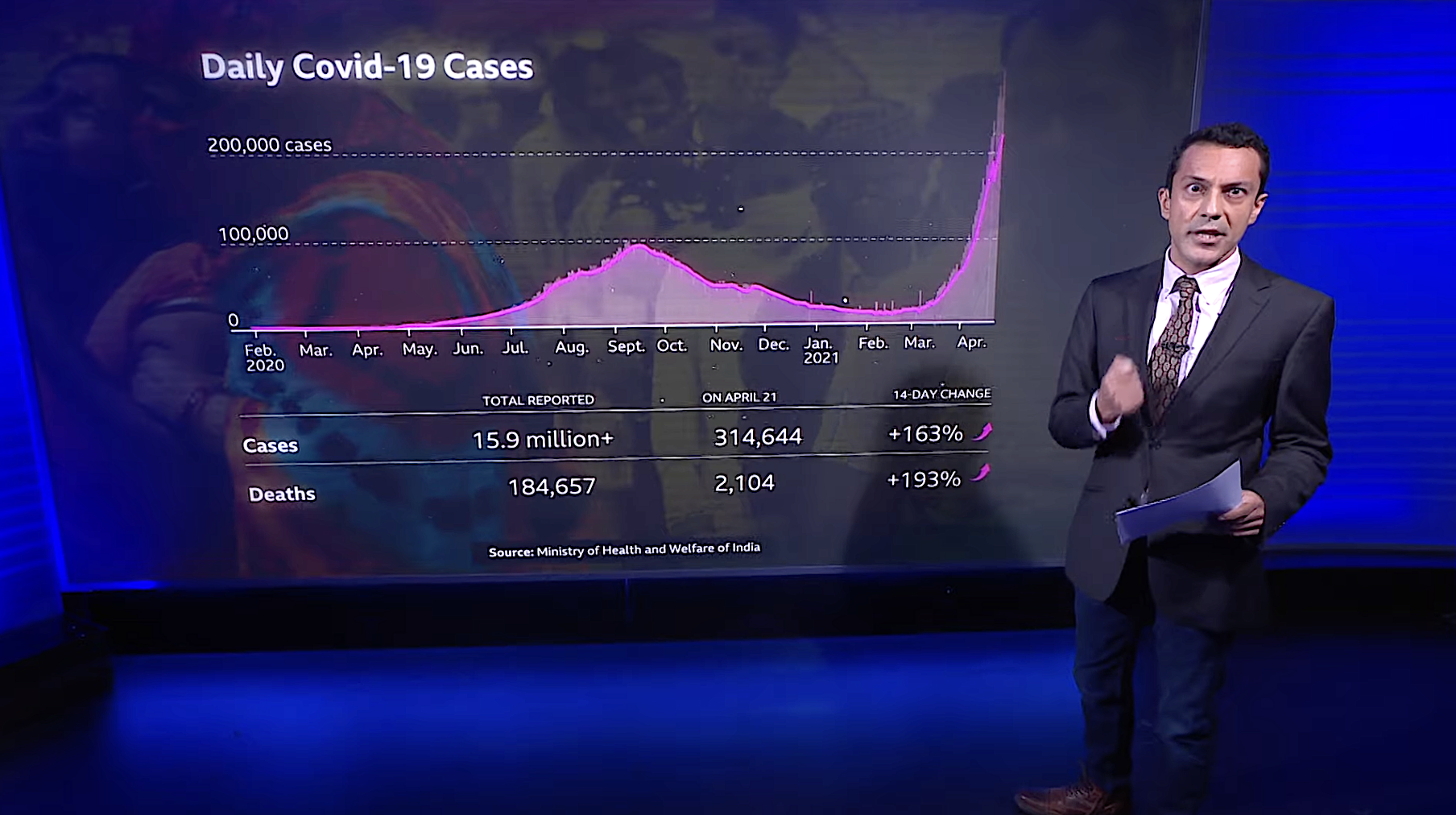 India is running dangerously low on oxygen as COVID-19 cases spike, and crematoriums can't meet demand
India is running dangerously low on oxygen as COVID-19 cases spike, and crematoriums can't meet demandSpeed Read
By Peter Weber